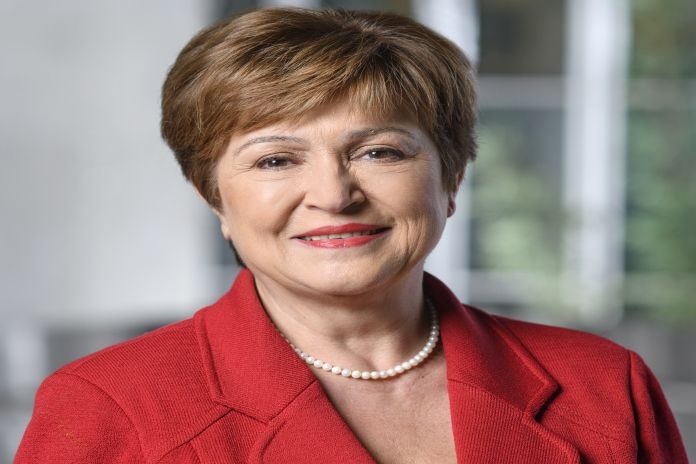By Caribbean News Global ![]()
WASHINGTON, USA – At a virtual extraordinary meeting of G20 finance ministers and Central Bank Governors November 13, 2020, International Monetary Fund (IMF) managing director Kristalina Georgieva made three points.
The Debt Service Suspension Initiative (DSSI) has provided much needed “breathing space” to countries. For some of those that are facing temporary difficulties to service their debt, this breathing space is enough.
But there are countries where debt levels are not sustainable. And this suspension time ought to be used to bring them to a sustainable level. This is where the timely Common Framework comes into play–a coordinated approach to debt treatment, a standardized approach, but with case-by-case resolution.
It is also so critically important, as many have said, to bring the private sector on board. Having the Common Framework would make this more likely, and applying it on a case-by-case basis will increase the viability of our action.
When we have faster resolution, countries are more likely to come forward earlier rather than later. By doing so, the cost both on creditors and on debtors would be lower.
Second, I completely and wholeheartedly embrace your expectations for the role of the IMF. We will meet your expectations! We will support the framework’s implementation, especially through Fund-supported programs that promote sound economic policies and provide fresh financing—essential to underpin durable economic recovery and to make sure that after restructuring, countries can service this restructured debt.
My third point is to support those who said this is a very important step on the road to improving international debt architecture.
Indeed, there is more work to be done. There are other countries outside the DSSI that could face unsustainable debts. So how we use the Common Framework to further improve the international debt architecture is essential.
Recognition
Let me finish by recognizing what you, the G20, have achieved.
It’s so important for so many countries to allow them to step up support for their people in a very critical moment of time. With debt service suspension, with their own financing, with support from the Fund, the World Bank, and others, the countries participating in the DSSI have deployed on average 2 percent of GDP to fight the crisis.
But let’s be very frank here. We are not out of the woods. This crisis is not over. We need further support through debt relief and through fresh financing. I very much look forward to continuing in the spirit of the Saudi presidency with the Italian presidency next year.





